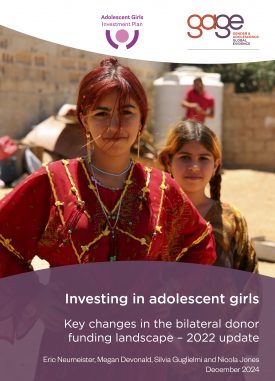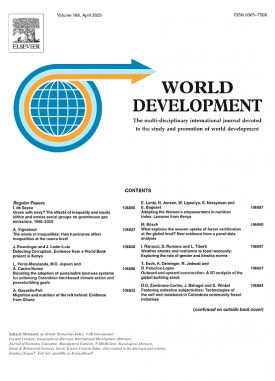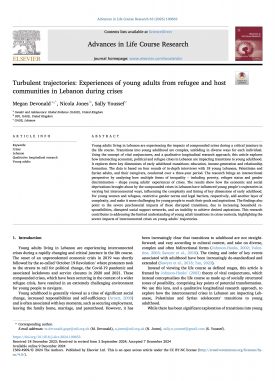The 2030 Sustainable Development Agenda to “leave no one behind” specifically calls for efforts to address gaps between the poorest and wealthiest people within countries. However, growing political tensions and mass displacement have exacerbated entrenched socio-economic inequalities in Jordan and Lebanon over the past decade. In both contexts, those most vulnerable to poverty and hardship – particularly refugees – have been affected by the Covid-19 pandemic and ongoing economic impacts, which in Lebanon have been exacerbated by a severe economic and political crisis that predates the pandemic.
This chapter draws on vignette-based participatory research with adolescents and young people (aged 15–22) in Jordan and Lebanon, from diverse socio-economic backgrounds and including young people from host and refugee communities, undertaken as part of the wider Gender and Adolescence: Global Evidence (GAGE) longitudinal research program. We present insights into young people’s lived experiences of intersecting inequalities; what they perceive to be the characteristics and causes of these inequalities; and what they see as their role (if any) in transformative social change.
Pincock, K., Jones, N., Youssef, S., Alheiwidi, S. and Malachowska, A. (2024) ‘Young People’s Perceptions of Inequalities: insights from participatory research in Jordan and Lebanon’ in: The Palgrave Handbook of Global Social Change. Palgrave Macmillan, Cham (https://doi.org/10.1007/978-3-030-87624-1_419-1)


